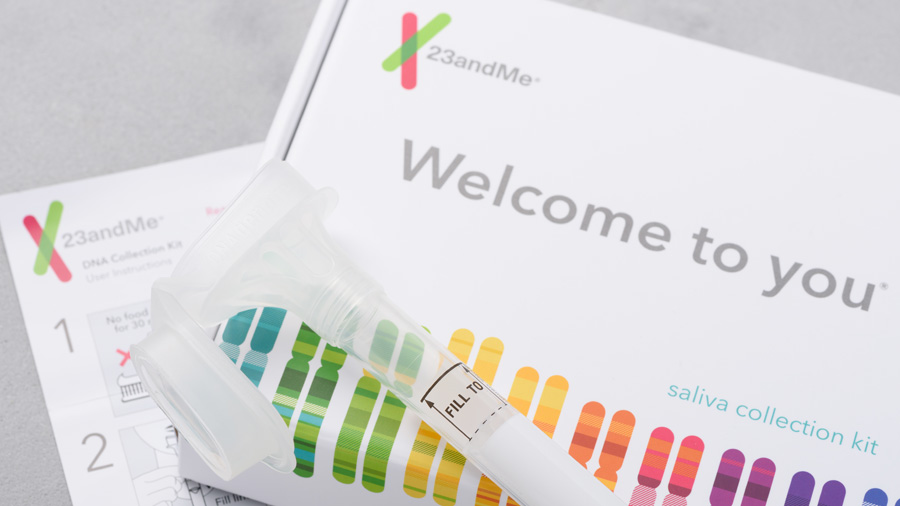Safeguarding Genetic Privacy: The Importance of Encryption in the Wake of 23andMe’s Data Breach

Genetic testing has become an integral part of understanding our ancestry and health, but recent events have raised concerns about the security of sensitive genetic data. In a recent announcement, 23andMe revealed that hackers gained unauthorized access to the personal information of 6.9 million individuals, affecting nearly half of the company’s reported 14 million customers. This blog post delves into the details of the breach and explores how encryption programs, such as those offered by Cypherdog, could have played a crucial role in preventing such incidents.
The 23andMe Data Breach
Recently, 23andMe disclosed that hackers accessed the personal data of approximately 0.1% of its customers, comprising about 14,000 individuals. However, it was later revealed that the breach had far-reaching consequences, impacting a total of 6.9 million customers. The stolen data included names, birth years, relationship labels, DNA sharing percentages, ancestry reports, and self-reported locations.
How Encryption Could Have Helped
The scale of the 23andMe data breach highlights the vulnerability of genetic information and the need for robust cybersecurity measures. Encryption programs, like those developed by Cypherdog, could have played a pivotal role in preventing unauthorized access and safeguarding the privacy of millions of individuals.
Protecting Genetic Profiles
Cypherdog’s encryption technology could have safeguarded the genetic profiles stored by 23andMe, rendering them unreadable to unauthorized individuals even if the database were breached.
Securing Personal Information
The stolen personal information, including names and birth years, could have been encrypted, preventing hackers from easily extracting sensitive details and using them maliciously.
Preventing Account Compromise
Encryption adds an extra layer of protection to user accounts. Even if hackers manage to access the database, the encrypted data would require a decryption key, minimizing the risk of unauthorized account access.
Ensuring Compliance with Privacy Regulations
Genetic data is subject to strict privacy regulations. Encryption programs aid companies like 23andMe in complying with these regulations by providing a robust security framework.
Mitigating Risks from Password Reuse
23andMe attributed the breach to customers reusing passwords. Encryption, coupled with strong authentication measures, could have mitigated the risks associated with password-related vulnerabilities.
Conclusion
The 23andMe data breach serves as a stark reminder of the importance of implementing advanced cybersecurity measures in the genetic testing industry. Encryption programs, exemplified by the solutions offered by Cypherdog, present a proactive and effective strategy for protecting sensitive genetic information. As technology continues to advance, companies handling genetic data must prioritize the integration of encryption technologies to ensure the privacy and security of their customers’ most personal information.
Resource: https://techcrunch.com/2023/12/04/23andme-confirms-hackers-stole-ancestry-data-on-6-9-million-users/


